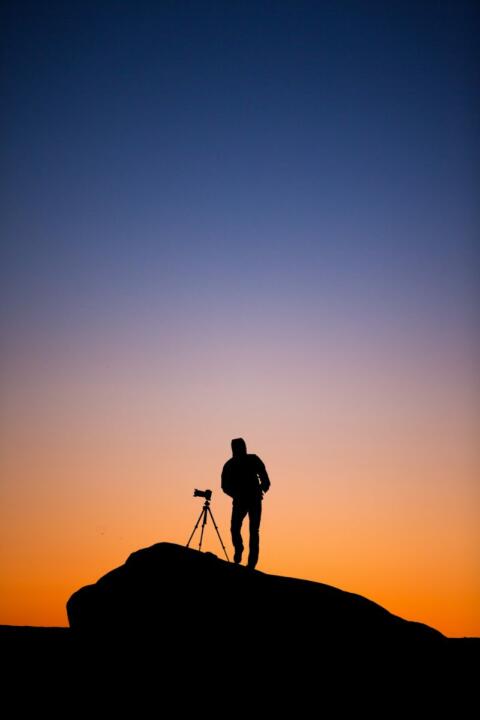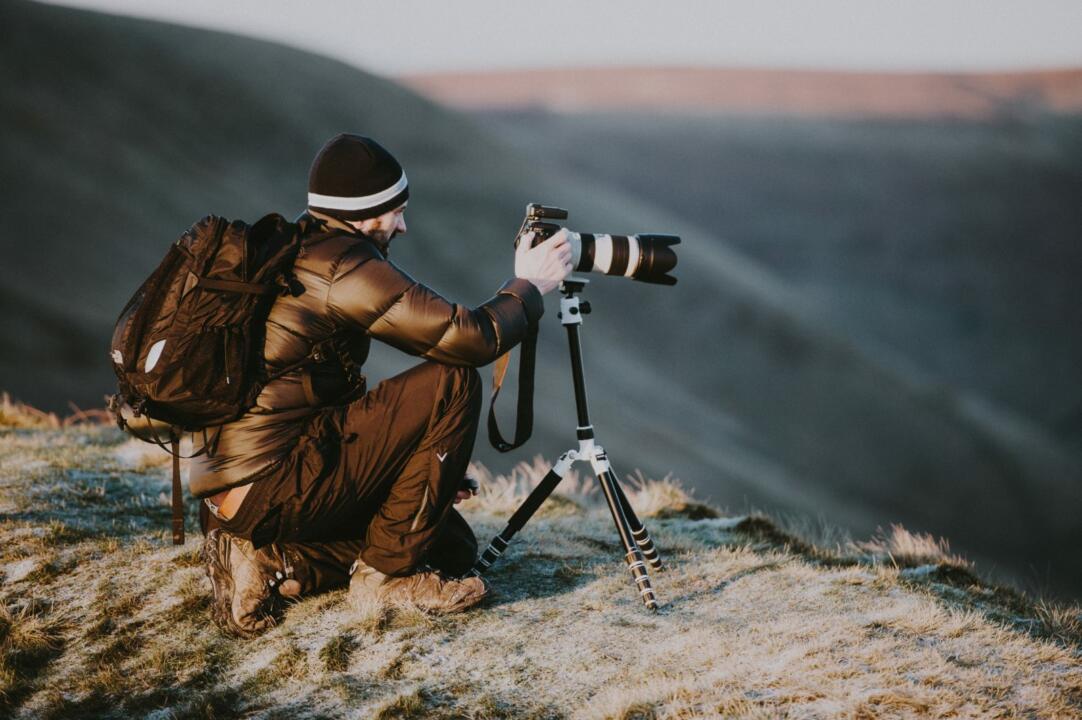“Get it right in camera.”
If you have been around a while, you will hear this little piece of photography canon.
And it’s right.
You should absolutely do everything in your power to get as close to the end result as you possibly can while you have the camera in your hands. You should compose the shot to the best of your ability. You should ensure that the best lighting possible is present for your shot. You should make sure you look after your gear so you have no dust spots on your lenses.
All of these things are very very good habits to get into and they are totally what you should strive for.
But here’s where things go a little wobbly.

Invariably in these conversations about getting it right in camera, “that guy” will wade in with the gem that “I don’t need to do post processing because I get it right in camera.”
**sigh**
Yup. Yup. Yup.
Ok, let’s do it..
But I Always Get it Right in-Camera!
Sorry, but you do need to do post-production and you absolutely do not “get it right” in camera in 99% of cases (especially if you’re photographing complex exposure scenes like landscapes or dynamic scenes like sport or wildlife).

Nobody does. Sure, you can snag the occasional unicorn, but it’s rare. It’s probably more plausible in scenarios where you control everything (studios), but it’s still rare that you shoot the perfect shot.
Every magazine cover shot in a studio has been edited. That is just a fact.
The chances of you snagging the perfect shot that needs absolutely no spot removal, no lens distortion correction, no areas of exposure correction let alone having perfect composition… well, it’s a BIG stretch.
And in any case, “not doing post” is simply leaving it up to your camera to do the post-production for you. The very act of transforming a raw file to jpg ***IS*** post production.
When your camera translates the scene into a jpg, it relies on a set of assumptions made by (admittedly very clever) optical engineers. And as smart as those people are, they still work towards what works best in the most common scenarios for the most users of their cameras. Lots of assumptions that simply are not 100% applicable to 100% of people’s shots.
We’ll leave aside that the vast majority of cameras also have multiple jpg settings (normal, vivid etc) that you can choose too (more post-production).
So do your post-production yourself, or leave it to the German/Japanese engineers to choose your settings, but it IS post production one way or the other.
Ansel Adams did post processing and even wrote a book on it. James Natchwey spends days in the darkroom for his famous shots. Steve McCurry famously got caught out doing a little too much post production and telling fibs about it (don’t do that).
So “that guy” who claims everything they shoot is “right in camera” is better than those photographers?
Sorry, I don’t think so.
And in ALL of the cases I have checked out (because I usually look for their portfolio when they make the claim), literally 100% of them could have been improved with some skilful post—production. Some of them by a lot.
Here is a Fact About Getting it Right In-Camera
Good photography requires good shoot skills AND good post-production.
You should be trying to master them both because both require a lot of skill.
Get it right in camera. Then get it right in post-production too.
Light Stalking https://ift.tt/3l4rsuk
Sourced by Time Trap Photography sharing the best photography tips, news and tricks throughout the industry. Time Trap Photography is dedicated to freezing those special moments in life that can be revisited and admired for generations to come. - Shannon Bourque
Please visit our main site for booking availability and rates.

Receive valuable industry knowledge delivered free to your email each day.






No comments:
Post a Comment
Thank you so much for your comment. A moderator will review and approve all relevant posts. We appreciate your support and encourage you to stay with us by subscribing to our email updates. Where you can easily pick and choose what photography subjects interests you. Subscription link: http://bit.ly/photo-sub